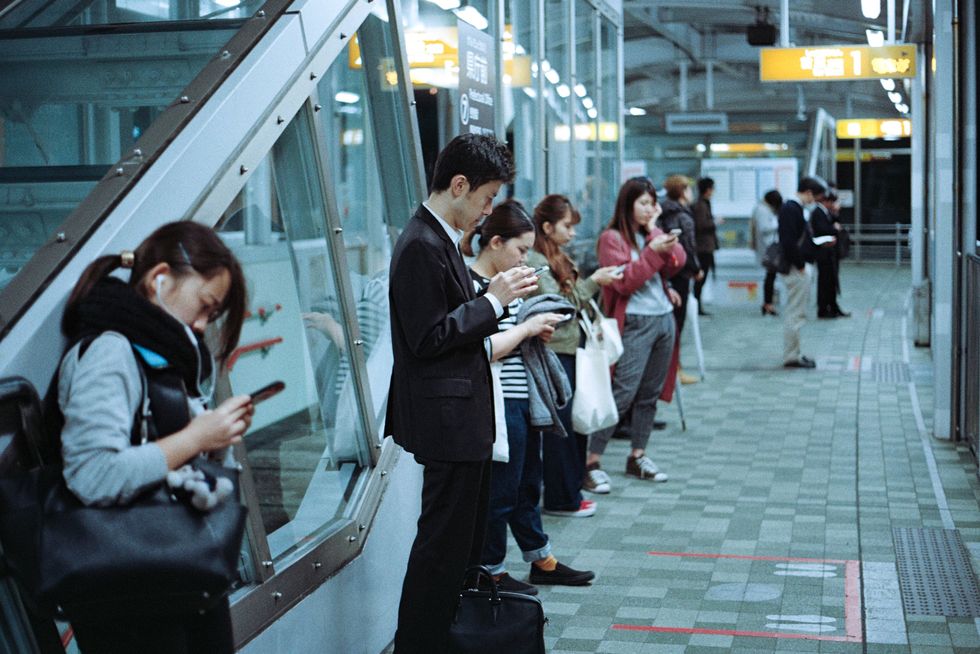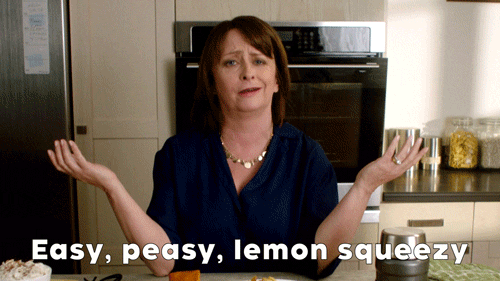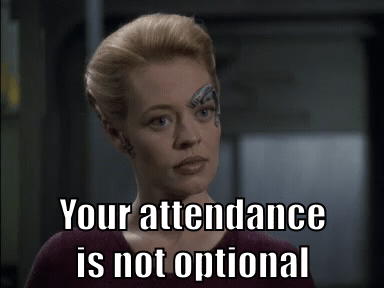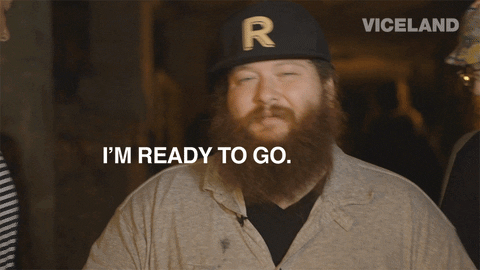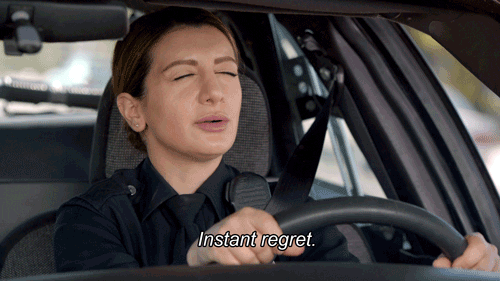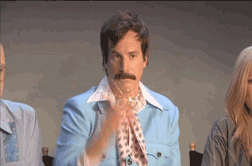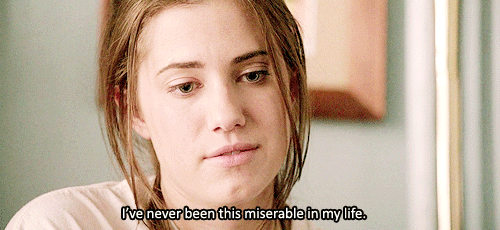The fear of addiction has been a part of my life for a good amount of time now, and it has been a part of your life for a good amount of time as well.
No, I don't smoke, vape or do any sort of drugs. But, unfortunately, I do eat, use the internet and sometimes get incredibly pessimistic. And I fear that by doing these actions, I'm going to get hooked on some bad, bad stuff.
I fear that I'm going to get hooked and addicted to social media, craving likes and follows to boost my self-esteem. I fear getting jacked on substances like caffeine and sugar. And I fear distrusting myself to the point of no return.
Why? Because I engage in these activities every day, and from corporate interest to the status quo, living life, to some degree, seems to be getting a bit toxic.
Why are these aspects of life so addicting? Why is it that I can't live my life, every day without having to worry about what happens if, one day, I won't be able to go a day without having sugar or opening Snapchat?
Why is it that so many of us need likes and sugar to send dopamine to our brains? Why is it that the most socially apt generation in history is also the most lonely?
The answer is quite simple: society. Society causes and allows these kinds of addictions to happen.
Take sugar, for instance. It takes common sense to realize that having way too muchof it is bad for you, but the average person consumes 19.5 teaspoons of sugar per day, which is over double the recommended amount of nine for men and six for women.
Society allows companies to create foods so rich in sugar that we can't even tell they're sweet — like bread, ketchup and juice. Even if we aren't living a life of sugar addiction, we still are constantly exposed to it. And even if you go vegan, you might find yourself still consuming a heavy amount of sugar from things like burritos and soda.
Society allowed itself to be wowed by the glamor of Facebook, Instagram and Snapchat. The power of such simple, efficient communication was bewildering to our minds. However, at the same time, we allowed AI to tell us what we can do next.
We let the recommended feed become bigger and bigger, and we let Facebook become a hub where we play UNO. As a result, there's way too much going on in our minds that overwhelms us — from what posts to make to what to say to what to play to what to choose next.
And because we get an unlimited supply of information to fill our heads with, there's no paradox of choice. You simply click on something, use it and move to the next thing. You spend your time on all-on-one sites and networks, full of complexity and frustration that you can't free yourself of — because then you'll lose the beautiful immediacy of that communication. So, you don't stop clicking through all the apps on the phone.
Just a couple of weeks ago, Google announced a philosophy of "Digital Wellbeing." It's basically a dashboard that gives you statistics based on the time you spent on your phone. But telling me how much I use my phone doesn't mean I'm shutting it off. Also, for the record, Google updates its OS so that it can predict what apps you want to use next. Digital wellbeing? I don't think so.
Then, of course, there's the way society breeds negativity. Take the example of the status quo that the previous generation gave to its students: that fighting to become valedictorians at school means you're going to be among the most elite in the world.
I wonder how much that's changed in the past couple of years, especially with the education system getting pumped by corporate interest. Being valedictorian probably won't actually get a kid much these days. I mean, come on — if you are going to tell kids to stick with the old status quo, at least do some research to know you are making the right points.
What does that have to do with negativity? Well, it's simple. Kids are wired to compete, and as a result, they need to constantly be checking to see how badly they are messing up. They make the slightest mistake, and it feels like a kid might end up tumbling down the tower.
What I'm saying is that there's a lot of pressure from older generations directed at the kids to succeed in a light deemed historically accurate — to go to a good college, get a good degree, to live in the biggest home possible, and get married and raise a family.
The thing is, at the most simple level, a successful life is a happy one. And living in an absurdly massive house with space one may never use, or achieving a complex degree that one didn't love studying for, don't need to be on a checklist for a happy life.
You can live a happy life doing what you love, living in a beautiful apartment, with the money left over to have a great collection of stuff you love. But in many cases, people seem to ignore what they want in favor of the haywire housing market, hard-to-pay loans and the responsibility of raising kids.
Some people are right for it, some people aren't. Plain and simple.
Thinking in a negative light every now and then has driven me to work harder for the lifestyle I want to live, for the achievements I want to hold and for the work I want to produce. So much of what I have learned is from simply watching Ezra Klien speak on Vox, or Casey Neistat telling me about doing what I can't. I owe a lot to them for that.
Sometimes, sugar can help a bad day get better.
With all of these aspects in mind, the truth seems clear. In moderation, social media, sugar and negativity are all healthy. But like the deadliest drugs, having too much may not help. And even worse is the fact that we are pushed to consume them by the biggest drug dealers on the planet — society and corporations.

